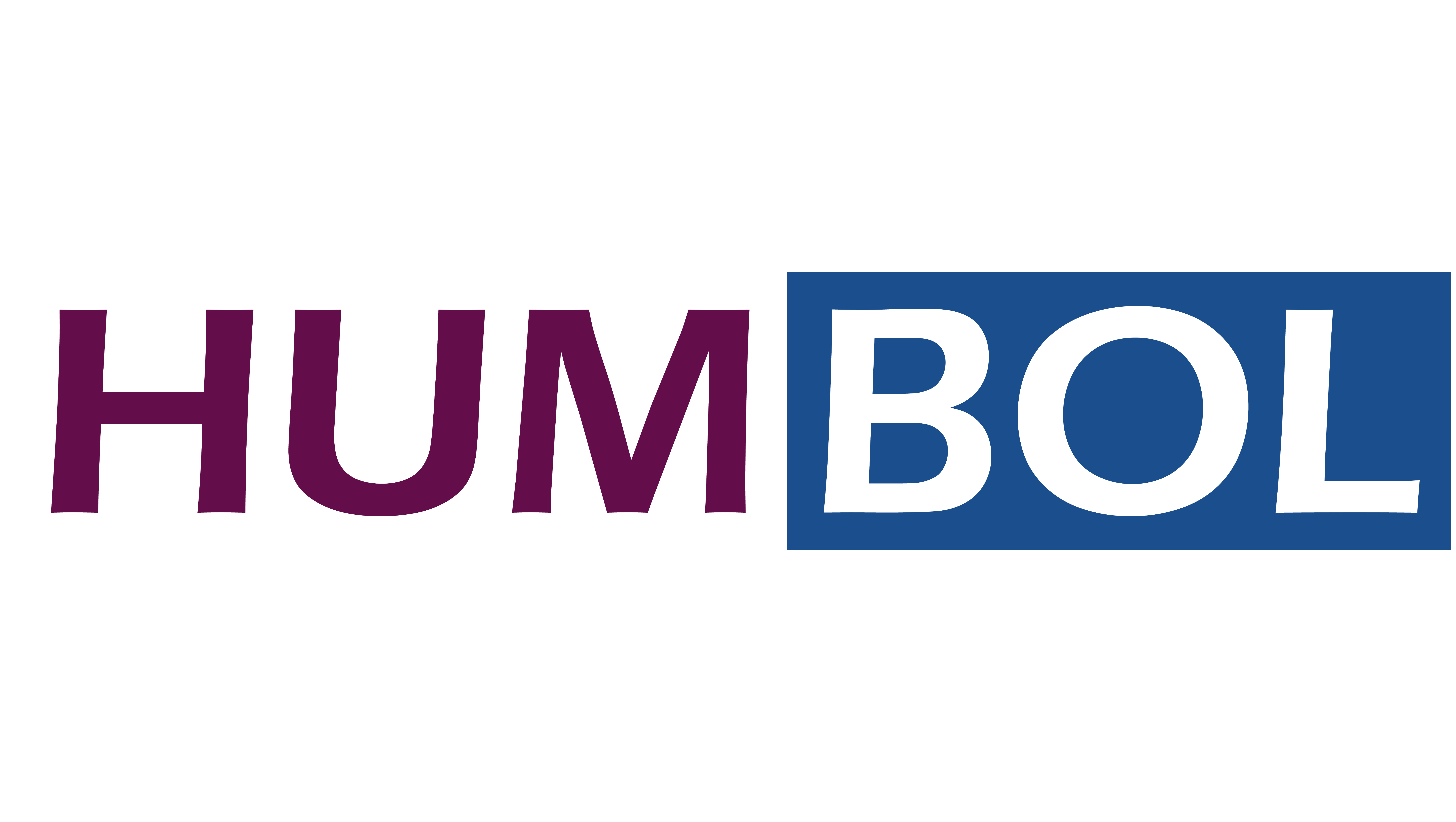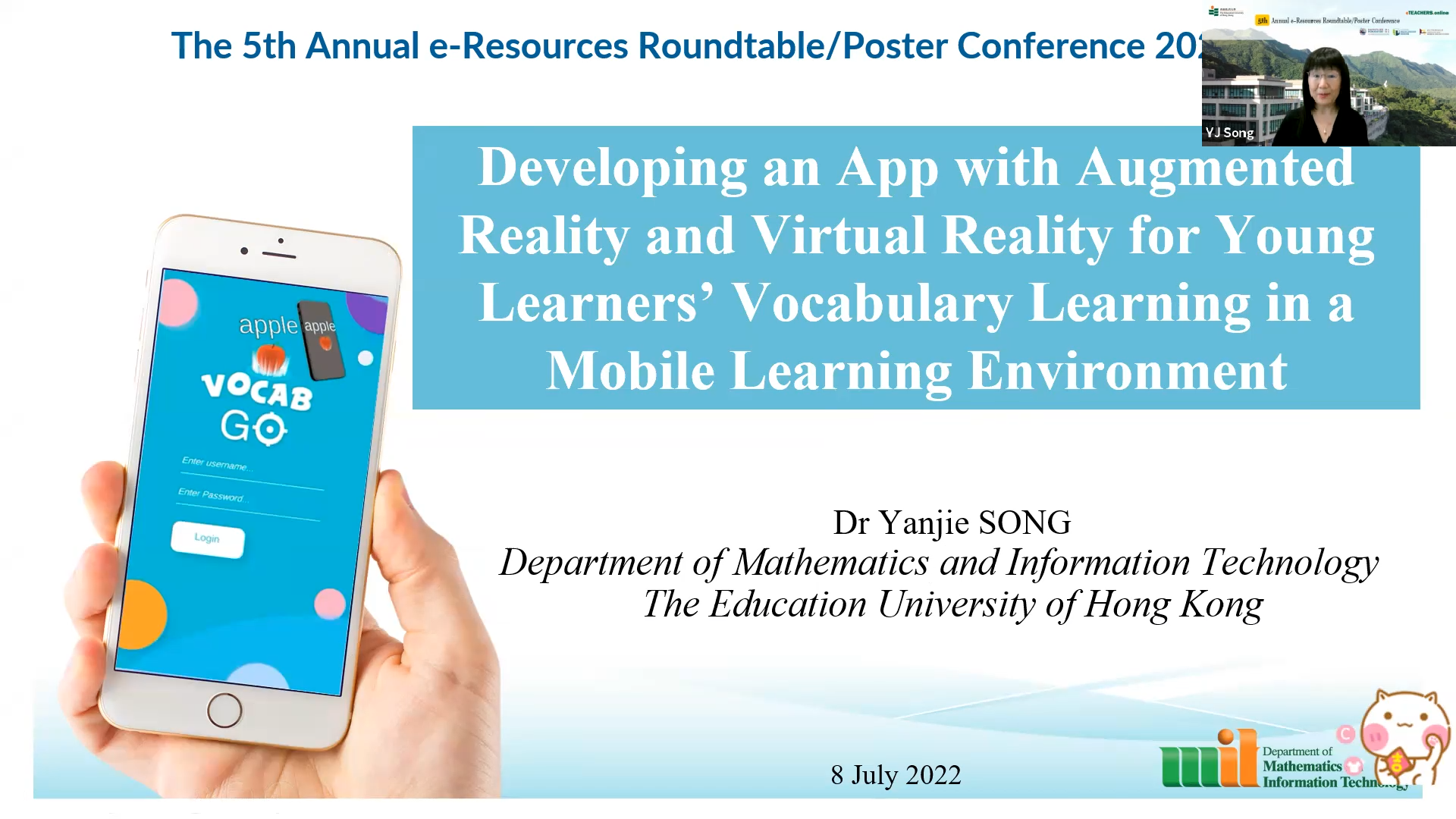Despite studies on the design and development of argument reality (AR) and virtual reality (VR) apps for learning are on the rise, the majority of studies have developed the apps for enhancing students’ learning motivation and engagement in higher education for prescribed learning tasks in either formal or informal learning environments, few studies have been conducted to develop the AR and VR apps that serve to bridge in-class and real-life English as a second language (ESL) vocabulary learning associated with the curriculum in primary education.
Against this backdrop, our research team developed an app, named “VocabGO” that can be used for vocabulary learning adaptive to the English curriculum in a mobile learning environment. The design of the app focuses on using AR/VR identified real-world/virtual objects with triggered vocabulary in real/virtual learning environments across different settings to enhance young learners’ learning engagement and outcomes. In the meantime, the app also provides opportunities for learners to comment on each other’s learning logs and strengthen their cognitive development in vocabulary learning.
(length: 31:53)
View her presentation slides here: https://drive.google.com/file/d/19L41D99wkntPPqaYdDckl4eo5yLyEv5h/view?usp=sharing.
Outline of this Sharing Session:
Developing an App with AR and VR: Young Learners’ Vocabulary Learning in a Mobile Learning Environment
Presenter: Dr Song Yanjie
Part 1: Background and issues | 00:00 – 00:35 | Outline |
00:36 – 02:00 | Introduction to AR and VR | |
02:01 – 03:30 | Application of AR and VR – two issues | |
Part 2: Design of VocabGO app | 03:31 – 04:06 | Aims |
04:07 – 04:25 | Theoretical underpinnings | |
04:26 – 05:26 | System architecture | |
05:27 – 05:52 | Four modes and two features | |
05:53 – 07:00 | Find mode – four quiz types | |
07:01 – 09:09 | Go mode – virtual Go mode | |
09:10 – 10:01 | Explore mode – beyond the curriculum | |
10:02 – 10:37 | Challenge mode – game-based activities | |
10:38 – 11:40 | My Collection feature – word cards | |
11:41 – 12:16 | Learning Community feature – sharing and commenting | |
Part 3: Research findings | 12:17 – 12:31 | Introduction to a case study |
12:32 – 13:32 | Pedagogical framework | |
13:33 – 14:01 | Context and topic | |
14:02 – 14:18 | Data collection and analysis | |
14:19 – 16:58 | Example of using virtual Go mode | |
16:59 – 18:54 | Research results of using VocabGO | |
18:55 – 19:59 | Achievement and future development of VocabGO | |
20:00 – 23:30 | Demonstration of using VocabGO | |
23:31 – 24:47 | Closing and thanks | |
Q&A | 24:48 – 29:12 | Does this app allow teachers to customize the learning content for students? |
29:13 – 31:06 | Is this app helpful for college students? | |
31:07 – 31:53 | Conclusion |
To download VocabGO to your mobile device, please go to App Store here or Google Play here.
For more talks and topics, here is the full list of links to both Parallel Sessions: https://humbol.eduhk.hk/category/conference/.


